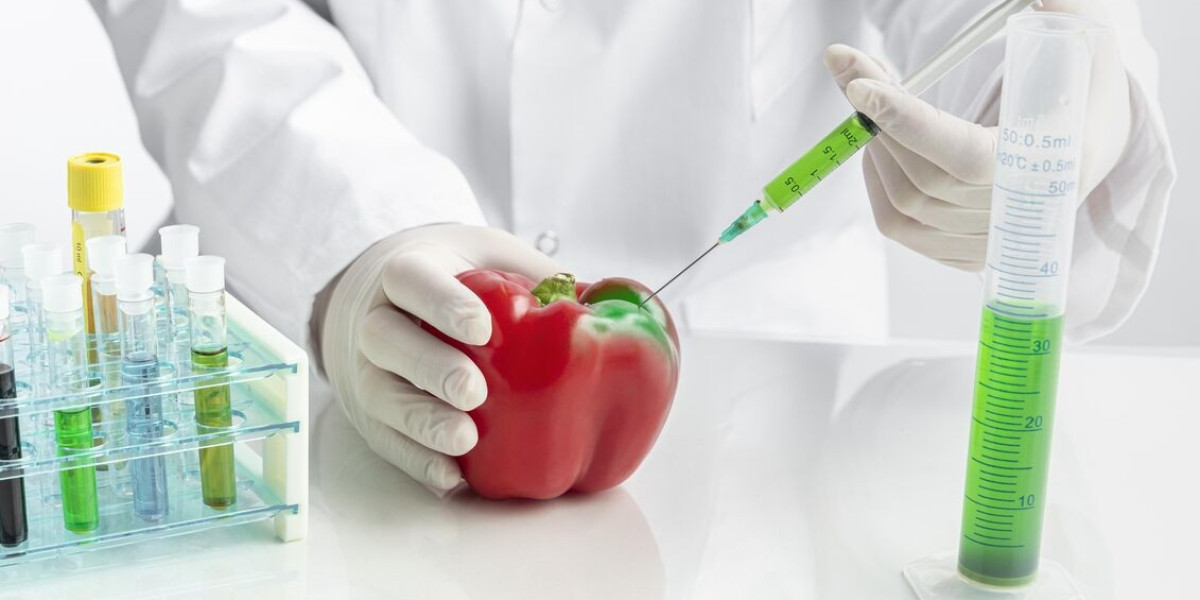Hazard Analysis and Critical Control Points (HACCP) certification is a globally recognized system for ensuring food safety through the identification and control of potential hazards during production, processing, and distribution. This proactive approach minimizes risks such as biological, chemical, and physical contaminants, ultimately protecting consumer health and maintaining food quality.
Importance of HACCP in the Food Industry
HACCP is essential for businesses involved in food manufacturing, catering, packaging, and transportation. It ensures that food products are produced in a safe environment, which helps in maintaining public trust and reducing instances of foodborne illnesses. Regulatory bodies across the globe, including the FDA and EU food authorities, often require HACCP compliance, making it not only a safety imperative but also a legal necessity for many companies.
Steps to Achieve HACCP Certification
The certification process begins with building a HACCP team and conducting a hazard analysis. This is followed by identifying critical control points (CCPs), establishing critical limits, and implementing monitoring procedures. Corrective actions must be defined for deviations, along with verification procedures and proper documentation. These steps align with the seven core principles of HACCP and must be thoroughly implemented before an external audit is conducted by a certified body.
Benefits of HACCP Certification
Achieving HACCP certification demonstrates a company’s commitment to food safety, enhancing its reputation and customer confidence. It also opens access to international markets where HACCP compliance is a prerequisite. Internally, it improves operational efficiency by identifying and eliminating hazards early in the process, reducing waste, recalls, and legal liabilities.
Who Should Get Certified
HACCP certification is ideal for food processors, manufacturers, distributors, retailers, and even restaurants looking to strengthen their food safety practices. It is especially important for businesses aiming to scale operations or expand into markets where food safety certification is mandatory or expected by partners and consumers.
Maintaining HACCP Certification
Certification is not a one-time event; it requires ongoing commitment. Organizations must continuously monitor CCPs, update their hazard analyses when changes occur, and maintain detailed records. Regular internal audits and staff training are vital to ensure the system remains effective and compliant with the latest regulations and standards.
Conclusion
HACCP certification serves as a critical benchmark for food safety management. By identifying and controlling risks throughout the food supply chain, it not only ensures compliance with regulations but also fosters consumer trust, reduces costs, and enhances global competitiveness for food-related businesses.








